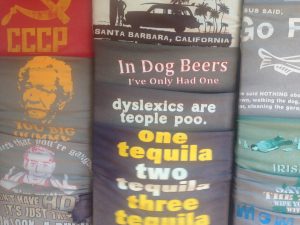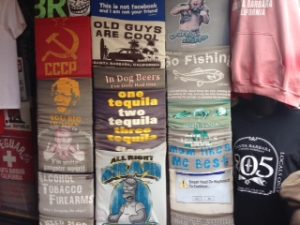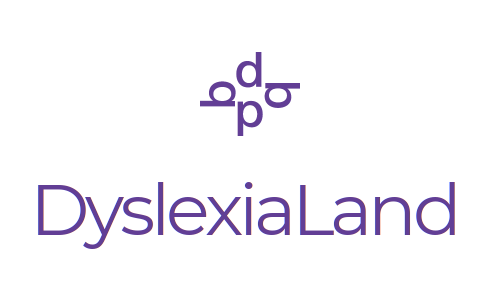The Downtown Adventure with the Dyslexia T-Shirt
What do you do when you spot an offensive dyslexia t-shirt? And just what is an offensive dyslexia t-shirt?
A friend and colleague sent me an urgent e-mail with the subject line, “Can you do something about this?” I opened the attached photo and was surprised to see an image of a t-shirt display from a downtown shop. There were a number of slogans, but I realized immediately what he meant about “do something.”
The shirt read, “dyslexics are teople poo.”

T-shirt display before.
Yes, I’ve seen other dyslexia shirts, the ones about melons and lemons, and even better, lots of the superpower ones. No problem. This one, however, uses a well-known euphemism that may be offensive to some. At least it was to me. And it was to my friend who brought it to my attention.
He is a journalist, so words matter to him. He certainly isn’t involved in dyslexia advocacy to the level that I am, but he is pretty aware of the issue. He teaches a couple of classes at the local city college, and is a youth coach very committed to understanding different learning styles and adjusting his teaching and coaching accordingly. And he’s a dad.
As the mother of a son with dyslexia, as an advocate for the 1 in 5 individuals with it, as someone who raises awareness in the school district and the community, and with the concern expressed by my friend, I knew I had to “do something.”
So I put on my baseball cap embroidered with “The Dyslexia Project,” packed a copy of my book, “DyslexiaLand” and took a walk downtown to the shop with the offensive dyslexia t-shirt. Nestled between Restoration Hardware and Panera, the Moon River shop, caters mostly to tourists. It is packed full with a huge selection of souvenir shirts about partying, the Southern California surf lifestyle, and the California state flag.
I entered the shop, introduced myself to the shop owners and politely expressed my concern to them: “I understand that you might not see it this way, but that slogan could be disrespectful, hurtful and offensive to anyone who has dyslexia, or deals with dyslexia. Since dyslexia is so common, affecting 20 percent of the population, that’s a lot of people—and maybe they won’t want to come in to buy any of your shirts when they see that one on display outside the shop.”
At first they didn’t quite understand the concern. The gentleman who runs the shop told me that he is sent shirts from the supplier, and he just puts them on display. His co-worker, fluent in Mandarin but not English, was more argumentative: “You want to buy all the shirts?” she demanded. I told her no, that I just didn’t want them to carry that shirt anymore because it was so insulting.
The shopkeeper explained to her the meaning of “poo,” and she seemed to understand. He turned back to me and agreed to remove the offending shirt from the outside display that evening.
When I returned home, I surfed the internet and saw that the not-so-clever slogan is sold all over the place—but this shop is the only one that’s been brought to my attention with a specific request to “do something” about it. What kind of a dyslexia advocate would I be if I ignored his concerns?
I went back to the shop a couple of days later, and—frankly to my surprise—the shirt was gone.

T-shirt display, after.
I went in and shook the owner’s hand, thanking him for making a difference and keeping his word. He smiled and dismissed me, probably happy to be done with the issue–and me. He’s in the business of selling t-shirts, not censoring them.
And all the way home, I wondered if I had done the right thing.
On my return, I asked my son—an easygoing kid who quietly deals with his dyslexic struggles every day—what he thought, if he thought I’d made too much a deal of it. He paused for a moment, and said, “Mom, good for you for doing that. They shouldn’t call anybody “poo” no matter what. I think it’s one of those shirts where it’s just not a funny topic.”
I think he’s right.


